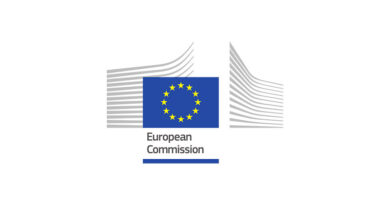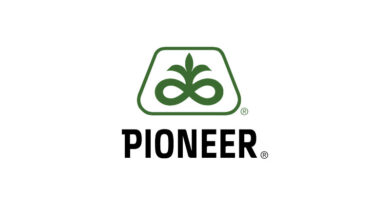MustGrow Biologics Announces Positive Carnation Trials with Gowan
- Work completed under non-exclusive agreement with Gowan Group’s biological division Ecoflora Agro in Colombia.
- MustGrow and Gowan reported control of Fusarium disease in carnation flower soil utilizing MustGrow’s mustard-derived biopesticide.
- Soil treated with MustGrow’s product showed resilient carnation yield and health, suggesting systemic protection.
- MustGrow’s treatment outperformed the grower standard of steam sterilization.
12 July 2021, Canada: MustGrow Biologics Corp. is pleased to announce positive results from its non-exclusive floriculture trials (the “Carnation Trials”) in Colombia with Gowan Group (“Gowan”), a global, private family-owned agriculture solutions business specializing in developing, marketing, and manufacturing global agriculture inputs such as crop protection products, seeds and fertilizers.
Gowan trialed MustGrow’s patented mustard-derived biopesticide on Fusarium oxysporum f. sp. dianthi (“Fusarium”). MustGrow’s treatment outperformed both the grower standard of steam sterilization and the untreated check, controlling Fusarium in soil used to grow carnation flowers at economic application rates. MustGrow and Gowan are now conducting additional work to further evaluate the application potential of MustGrow’s biopesticide product in Colombian floriculture markets.
Also Read: Dhanuka launches herbicide TORNADO
MustGrow’s remarkably safe and effective organic biopesticide is plant-based – harnessing the mustard seed’s natural defense mechanism to control diseases, insect pests and weeds.
The Carnation Trials were conducted in soil and vegetal material from two leading carnation growers in the most important producing region in Cundinamarca, Colombia, through Gowan’s biological division Ecoflora Agro. MustGrow’s mustard-derived liquid biopesticide, TerraMG, was assessed pre- and post-treatment versus Steam Sterilized Soil to evaluate efficacy in the control of Fusarium on carnation plants through bioassay. Carnation damage caused by Fusarium was also evaluated in the plants and roots via the following parameters:
- Growth Parameters: Foliage state, root extension in the soil, plant and root size.
- Disease Presence: Fusarium and other pathogens, foliage and stem affectation scale, root damage, Fusarium symptoms scale.
Evaluation Highlights:
- MustGrow’s biopesticide was applied at a rate of 5 gal/acre (47 L/Ha).
- In MustGrow-treated soil, Fusarium population decreased 99.75% from approximately 40,000 CFU*/g to less than 100 CFU/g (versus steam sterilization treatment which showed a decrease from approximately 40,000 CFU/g to 900 CFU/g).
- At the conclusion of the bioassay, MustGrow-treated plants only showed a 10% incidence of Fusarium (versus 40% in steam sterilization treatment).
- In the presence of Fusarium, MustGrow-treated plants remained healthy, physically unaffected, and externally symptom-free throughout observation, suggesting systemic protection
- Conclusion: MustGrow’s mustard-derived biopesticide treatment (TerraMG) outperformed the grower standard of steam sterilization and the untreated check.
* Colony-forming units (CFU): a measure of viable fungal cells in a sample.
Of all flowers sold in the U.S., 80% are imported, primarily from South American industrial flower farms that have a history of using harsh chemicals and toxic pesticides (1). MustGrow’s crop protection technology has consistently demonstrated efficacious benefits similar to chemistry-based “synthetic chemical” products without the harmful safety profile often associated with some synthetic chemical products. The development of safe and effective biopesticides will be critical for future food security and environmentally sustainable floriculture.
Global Floriculture (1)
The worldwide market for flower and ornamentals (those that are grown for the primary purpose of being solid as cut flowers, houseplants and in landscape design) is expected to grow roughly 6.3% per year over the next five years, reaching US$57.4 billion by 2024, up from US$42.4 billion in 2019. Colombia is the world’s largest producer of carnations and the second largest global producer of all cut flowers (behind the Netherlands) representing US$1.4 billion in export sales.















